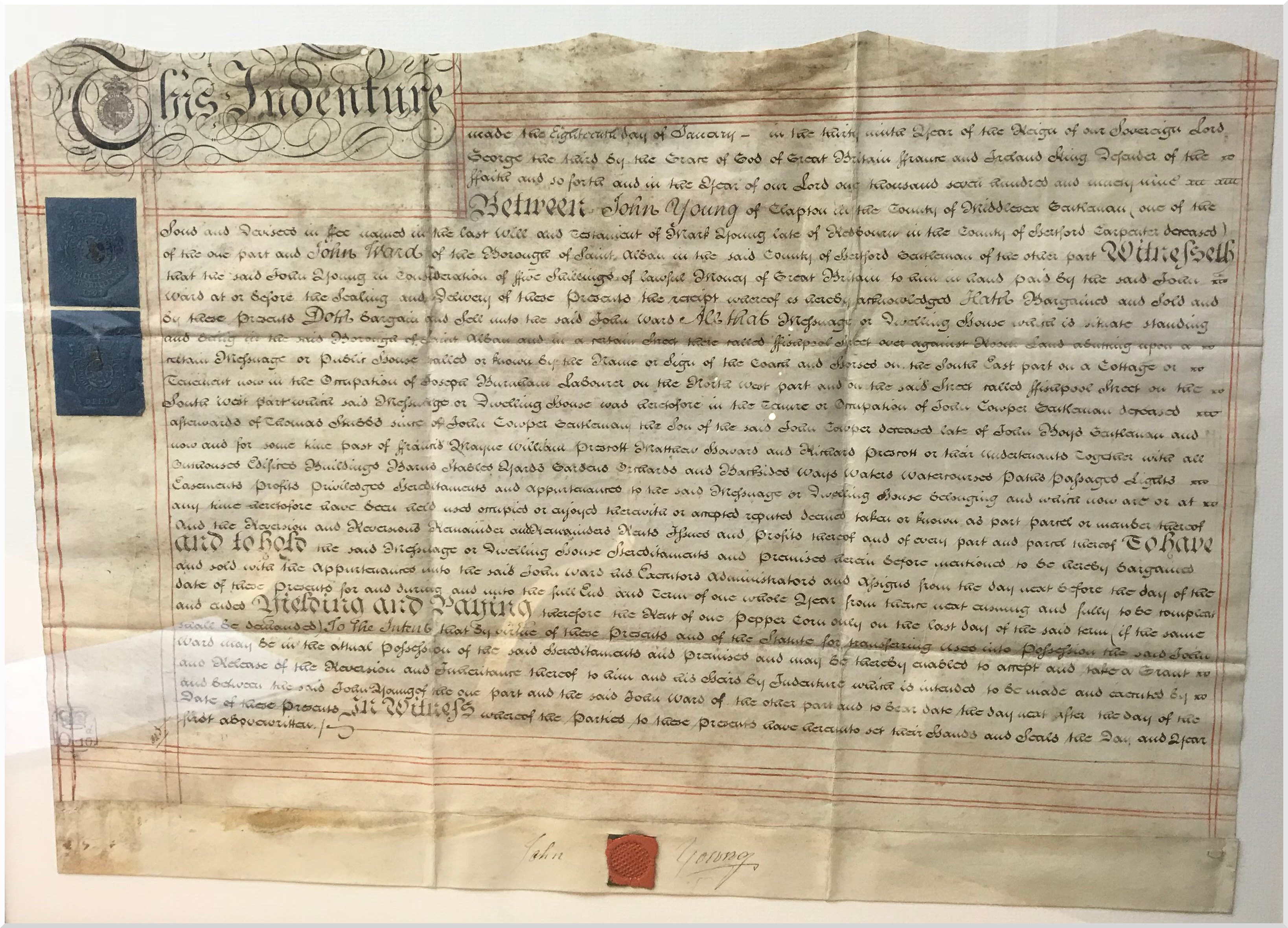It is widely accepted that Covid-19 and the resulting restrictions on people’s movement and contact with others has led to a substantial increase in domestic abuse. Financial worries, job security, escalating alcohol consumption and substance abuse, issues with children’s education, as well as underlying health concerns, have all put pressure on relationships within the family.
The majority of recent studies have rightly focused on the welfare of children and women, but now new research by the charity Respect has looked at incidences of domestic abuse perpetrated on men by their partners or other family members. The report claims that numbers contacting Respect’s Men’s Advice Line rose by nearly 60% last year, with the period from April to June 2020 seeing the most calls. An average of 3,527 emails and phone calls per month were received between March and September.
Abuse by a man’s female spouse/partner (54%) or ex-spouse/partner (36%) accounted for 90% of the reported incidents, with the majority being linked to physical violence to the man. Financial abuse was also reported, where a man’s partner took control of all household income, or on other occasions built up substantial debts which the man was obliged to pay off. Incidences of sexual abuse by a female partner were much lower than similar abuse by males on females, but were still reported on numerous occasions.
Other forms of abuse reported by male victims included: • reading messages on his phone; • holding property and pets ‘ransom’ if he tries to leave; • threats of self-harm or suicide; • repeated phoning; • accusations that he has cheated in the relationship; • blocking people from calling his phone; • changing the passwords to online accounts; • preventing him from having friends; • blocking family and friends’ phone numbers; • calling him names; • belittling him; • telling him what to wear or how to shave; • telling him he’s not manly enough; • making allegations about him on social media; • threats to call the police and say that he attacked her; • openly having affairs with other people; • calling him ‘a terrorist’; • dictating how they spend all of their time, without consulting with him. Other ways in which men were controlled were linked to religious and/or cultural expectations or norms, such as drinking alcohol.
In response to the concerns over rising domestic violence and sexual abuse towards men the government has announced extra help and £40 million in new funds to boost “male specific services”. Up to 400 specialist advisers will be recruited, and £2 million will go towards organisations working with ethnic minority, gay, transgender and disabled male victims of abuse.
It can be stressful and complicated when relationships break down. Bretherton Law’s experienced Family and Child Law Solicitors have been helping people with changes in their circumstances for over 50 years. We are members of Resolution and Accredited in Family Law by the Law Society. For honest, sympathetic advice call Atifha Aftab on 01727 869293, or make an appointment via the contact form below.
See: Respect: ‘Living a life by permission’: the experiences of male victims of domestic abuse during Covid-19





